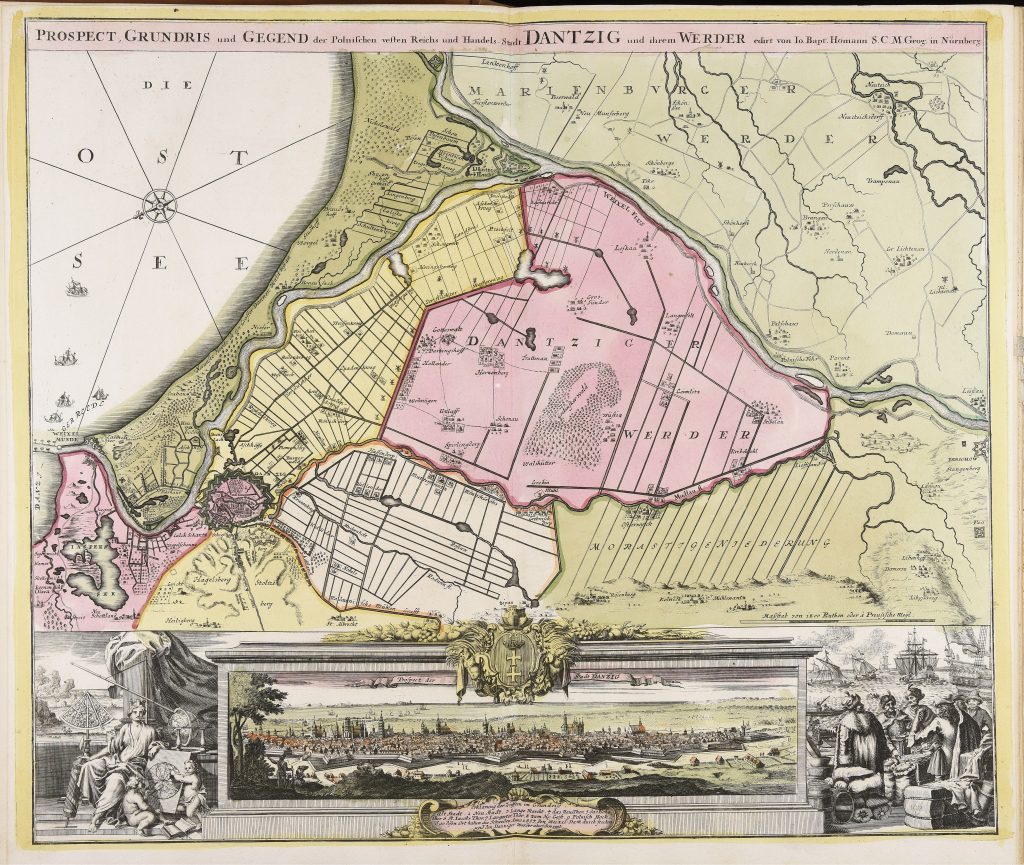In late January 1737, a large part of Poland was hit by a flood and subsequent famine. A severe storm broke dykes along the Vistula and Nogat rivers, and the water covered vast tracts of land between Gdańsk and Toruń. Cities and villages were destroyed, people and cattle perished, and farmlands were made unusable. The Dutch historian Jan Wagenaar described the terrible calamity which had befallen the Poles. He tried to arouse sympathy and stimulate his Dutch readers to donate money for the victims, many of whom were left homeless and died of hunger or disease. In some parts of the country, the water receded only after the summer.

The following year, Wagenaar published an account of the help sent from the Dutch Republic to Poland. After pleas from Poland, merchants from Holland with commercial ties to Gdańsk and other Polish towns had initiated a relief campaign. According to Wagenaar, they collected around 15.000 Dutch guilders: a considerable sum for that time. The money was transferred to Gdańsk and then distributed by ministers of diverse denominations: Catholics, Calvinists, Mennonites and Lutherans. Wagenaar claimed that the Dutch relief campaign saved thousands of lives, and described how Polish farmers from various towns were given bread, beans and all kinds of cereal, for which they were extremely grateful: “Many did not know that there was a place called Holland and were astounded to receive help from a land of which they had never even heard before. Others called it a miracle of divine providence that they now obtained grain from a land towards which they used to send their own abundant produce.” This final comment is a reference to the grain traditionally exported from Poland, which was vital to the economy of Holland since medieval times.
The Dutch relief campaign of 1737 was a novelty, because it bridged different religious groups: previous campaigns were organised only for members of the same denomination. People in the Dutch Republic felt solidarity with the Poles and voluntarily supported the victims, no matter their religious beliefs. They thought that God would reward their generosity, and possibly hoped that Poland’s swift recovery would benefit the grain trade.
*I originally wrote this post for the social media outlets of the Dutch Embassy in Poland. This was post no. 41. It is based on a forthcoming academic article by historian Adriaan Duiveman.